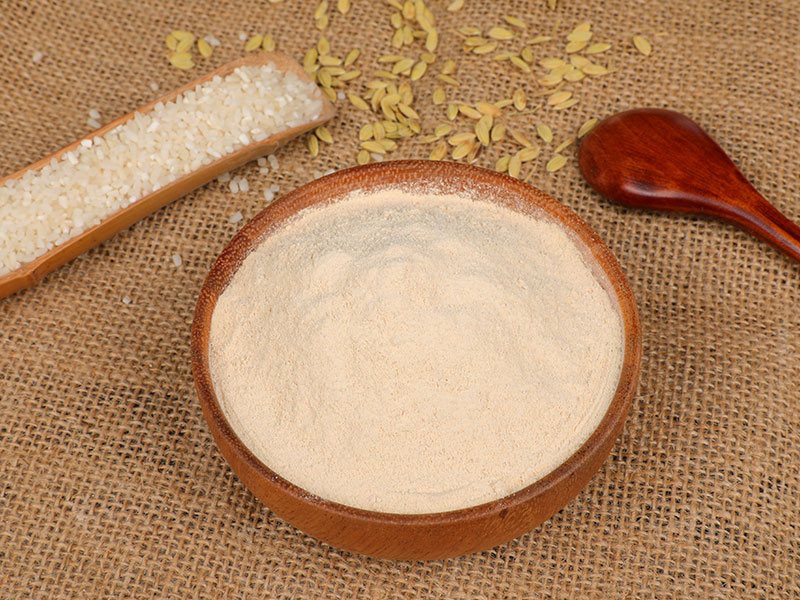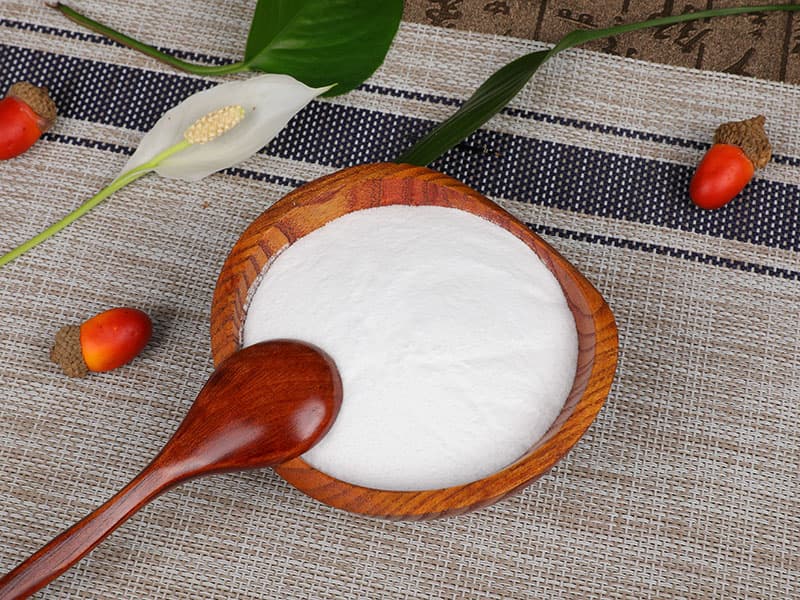Rice protein is a popular plant-based protein source that is often used in sports nutrition products, vegan diets, and weight loss supplements. Here are some of the key nutritional facts about rice protein:
Protein content: Rice protein is a high-quality source of protein, providing all nine essential amino acids that the body cannot produce on its own. The protein content of rice protein powder can range from 70% to 90%, depending on the brand and processing method.
Carbohydrates: Rice protein is low in carbohydrates, making it a good choice for people who are following a low-carb or ketogenic diet.
Fat: Rice protein is naturally low in fat, with most products containing less than 1 gram of fat per serving.
Fiber: Rice protein is not a significant source of dietary fiber.
Vitamins and minerals: Rice protein is generally not a good source of vitamins and minerals, although some brands may fortify their products with added vitamins and minerals.
Allergens: Rice protein is hypoallergenic, which means that it is less likely to cause an allergic reaction than other common protein sources such as soy, dairy, or wheat.
Overall, rice protein is a good source of high-quality protein that can be a useful addition to a balanced diet. However, it is important to choose a high-quality product and to balance protein intake with other essential nutrients.
Meanwhile,Rice protein is a plant-based protein source that has gained popularity in recent years, especially among those following vegan or vegetarian diets. Rice protein is derived from brown rice and is often used as a dietary supplement to boost protein intake or as an ingredient in protein powders, bars, and other food products.
One of the main benefits of rice protein is its high protein content, which can be comparable to other plant-based protein sources like soy and pea protein. Rice protein is also hypoallergenic and easily digestible, making it a good choice for those with food sensitivities or digestive issues.
Additionally, rice protein is low in fat and carbohydrates, which can make it a good option for those looking to manage their weight or reduce their intake of these macronutrients.
As more people seek out plant-based protein sources, the demand for rice protein is likely to continue to grow. However, it is important to note that rice protein is not a complete protein source, meaning it does not contain all the essential amino acids that the body needs. Therefore, it may be beneficial to combine rice protein with other protein sources to ensure adequate intake of all essential amino acids.
Overall, the prospect of rice protein as a dietary supplement or food ingredient appears to be positive, especially as more people seek out plant-based protein sources for health, ethical, or environmental reasons.


 English
English 中文简体
中文简体





